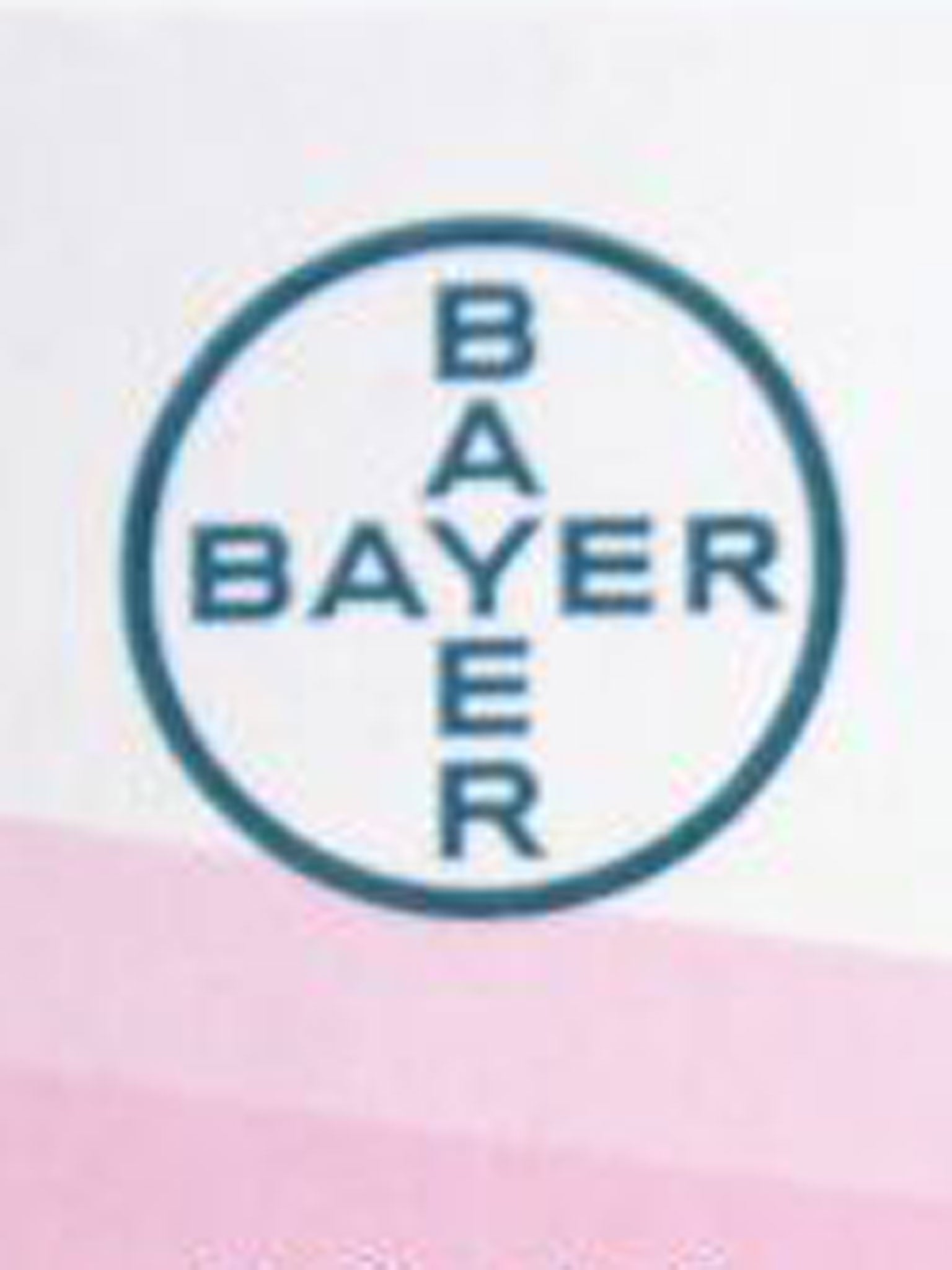Drugs giants used Communist East Germany for 'illegal' trials
Several patients died in tests made possible by massive payoffs to Communist regime

Your support helps us to tell the story
From reproductive rights to climate change to Big Tech, The Independent is on the ground when the story is developing. Whether it's investigating the financials of Elon Musk's pro-Trump PAC or producing our latest documentary, 'The A Word', which shines a light on the American women fighting for reproductive rights, we know how important it is to parse out the facts from the messaging.
At such a critical moment in US history, we need reporters on the ground. Your donation allows us to keep sending journalists to speak to both sides of the story.
The Independent is trusted by Americans across the entire political spectrum. And unlike many other quality news outlets, we choose not to lock Americans out of our reporting and analysis with paywalls. We believe quality journalism should be available to everyone, paid for by those who can afford it.
Your support makes all the difference.Leading Western pharmaceutical companies paid millions of pounds to former Communist East Germany to use more that 50,000 patients in state-run hospitals as unwitting guinea pigs for drug tests in which several people died, it was revealed today.
An investigation by the German magazine Der Spiegel said international conglomerates such as Bayer, Hoechst, Roche, Schering and Sandoz carried out more than 600 tests on patients, mostly without their knowledge, at hospitals and clinics in the former Communist state.
The companies were said to have paid the regime the equivalent of €400,000 (£338,000) per test. Schering, a concern which now belongs to Bayer, was said to have offered East Germany the equivalent of €3m to carry out a series of tests at an East Berlin hospital.
The case of one unwitting East German woman who died in 1986 aged 30 after being treated with pharmaceuticals for skin cancer was cited by the magazine. Nicole Preiss, her daughter , said: “There are so many secrets surrounding my mother’s death – I want to know which drugs and which companies were involved.”
Der Spiegel said it gained the information from Stasi secret police files and hitherto unpublished East German health ministry and pharmaceutical institute records. Western pharmaceutical companies are known to have turned to cash-strapped Eastern Bloc countries in their search for human guinea pigs after the 1960s thalidomide scandal which obliged them to carry out rigorous tests on their products before they could be sold.
In the West, the law stipulated that any patients taking part in such tests had to be fully informed of the risks involved. However, in East Germany such restrictions were waived or “modified” in an increasingly desperate effort to procure enough hard currency to rescue an ailing economy.
The records show a concern which now belongs to Roche tested the “blood-booster” Epo on 30 premature babies. Bayer was also revealed to have tested Nimodipin – a drug designed to improve blood circulation in the brain– on a group of alcoholics who were suffering from such acute delirium that they could not give their consent.
Two unwitting patients also died in East Berlin hospitals after being subjected to tests involving Trental. The drug improves blood circulation and was then being developed by the West German company Hoechst, which has since merged with Sanofi. A statement issued by Hoechst in 1989, nine months before the fall of the Berlin Wall, stressed that the drug manufacturer’s information sheet concerning its products remained with East German testers and “ is not given to the patient”.
It added that “the patient’s consent is confirmed with a signature from the doctor and a witness”.
Der Spiegel said that when it contacted the drug companies concerned most stressed that the trials happened a long time ago and that in principle strict protocols were always followed. The German Federation of Pharmaceutical Producers said: “ There is currently no reason to suspect that anything irregular happened.”
Join our commenting forum
Join thought-provoking conversations, follow other Independent readers and see their replies
Comments